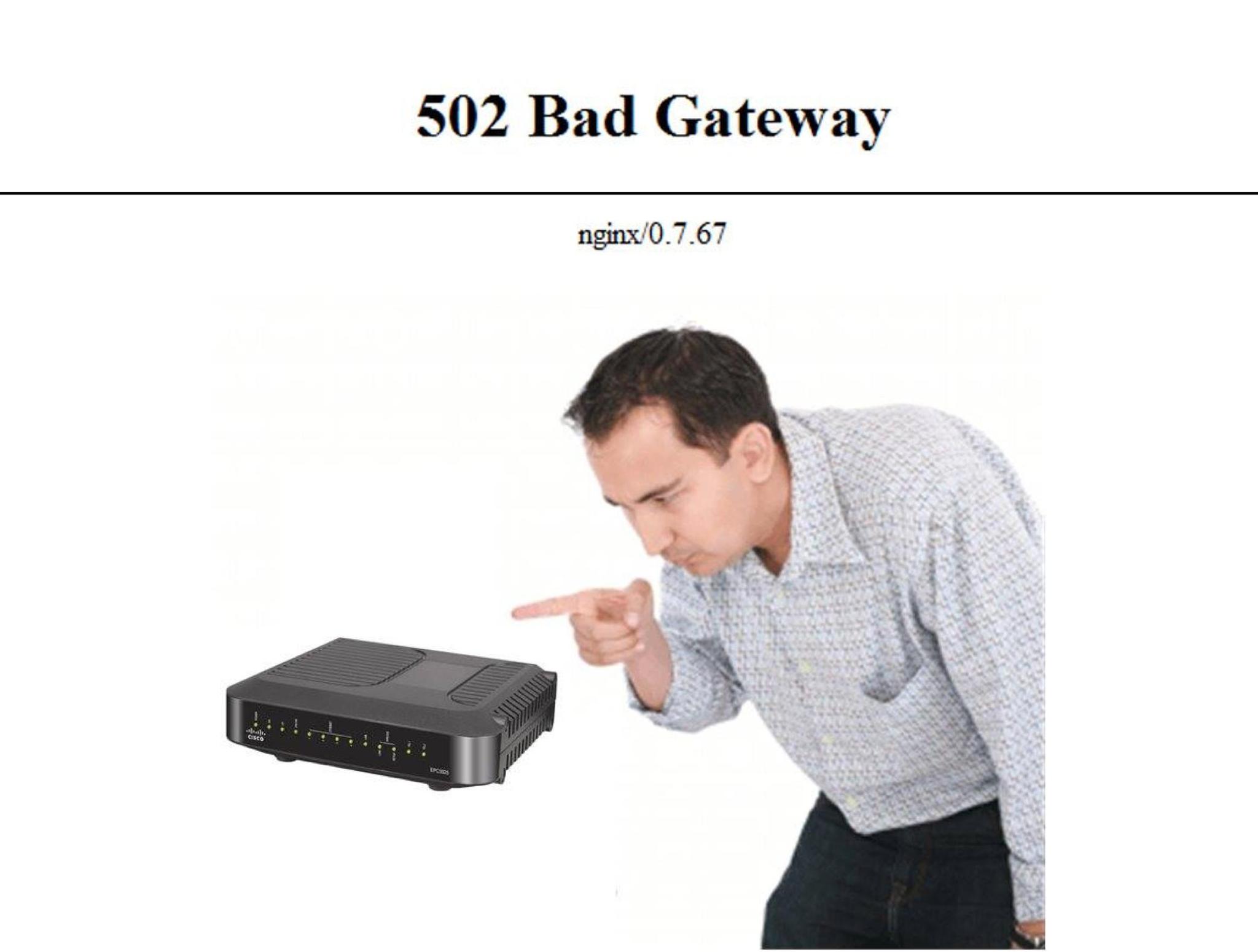

Is There Any Difference Between Payola And Playola? Now, it seems the opposite is true, that most of the people writing about the music are pretty much in the pocket of the record companies," he is reported as having said many moons ago.Ĭonclusion, there are many types of payola.As an example, a radio station's program director or disk jockey could be paid to repeatedly play a song by a particular artist.There are also instances where a popular music show broadcast on television from coast to coast will offer you an appearance on their show for a fee or have the band include the name of the host of the show as a co-writer.Neither of these is legal, however, you can't prove it unless you have past experience in the music industry. In the past, most rock critics held the record companies in contempt, and they simply wrote what they wanted. In particular, Bangs was troubled by the practices, less because of morality than because of the effect they were having on music culture as a whole. The majority of them were more than happy to flood the airwaves with the good, the bad, and the awful - until they got caught. Some DJs and critics, like Lester Bangs, came out against the practice, but they were in the minority money talks, and people listen. As much as $50 per week can be expected from even mid-level DJs in bribes, with prominent DJs commanding even higher prices and offering flashier prizes. American popular music history can be divided into two key chapters. Payola in America, 1880-1991, lays out a history of the practice, as well as attempts to curb it.Īlthough it gained popularity in the 1950s and has a long history, payola is now most associated with the swingin' 60s and wild 70s. When a song doesn't get airplay, it simply isn't heard. In magazines and on billboards, advertisements cannot compensate for a failed song. Despite its changes over the years, payola's underlying principle has remained the same: a greater number of songs are produced than can be heard by the general public. A compulsory licensing feature included in the revision of the copyright law in 1909 likely increased the prevalence of payola. In the early 1960s, laws against payola did not make the practice illegal only the failure to report payola was prohibited. Payola is not and has never been illegal. Some says, while the term "payola" has been used to describe bribes or corrupt practices in almost any industry, it was first used over 50 years ago to describe how music industry companies paid people to promote a particular piece of music, in order to increase sales and profits. It is derived from "pay" and "ola", which are both suffixes common in the early 20th century, such as Pianola, Victrola Amberola, Crayola, Rock-Ola, Shinola, and Motorola radio equipment. Payola violates the Federal Communications Commission (FCC)'s Sponsorship Identification Rules, which requires that any broadcast of paid material include a disclosure. There is evidence that payola influences these metrics to influence the perception of a song's popularity. As part of US law, radio stations must disclose songs they were paid to play on the air as sponsored airtime. In the music industry, payola refers to the illegal practice of paying a commercial radio station to play a song without disclosing the information. Is There Any Difference Between Payola And Playola?.The amount of corruption in the music industry may mean that all of the time and effort and money that you have spent trying to become a great musician or artist will get you to NOWHERE. I have written what you should read if you are interested in working in the music industry or know anyone who is. This nonsense exists because music fans are unaware, artists are scared, and radio keeps its pockets fat. This vile and corrupt industry is the field on which payola takes place. It doesn't matter who the music fans are. It doesn't matter what kind of music you play.

In this game, the pimps and hoes (radio and record labels) rule, and obviously, it's about money.


 0 kommentar(er)
0 kommentar(er)
